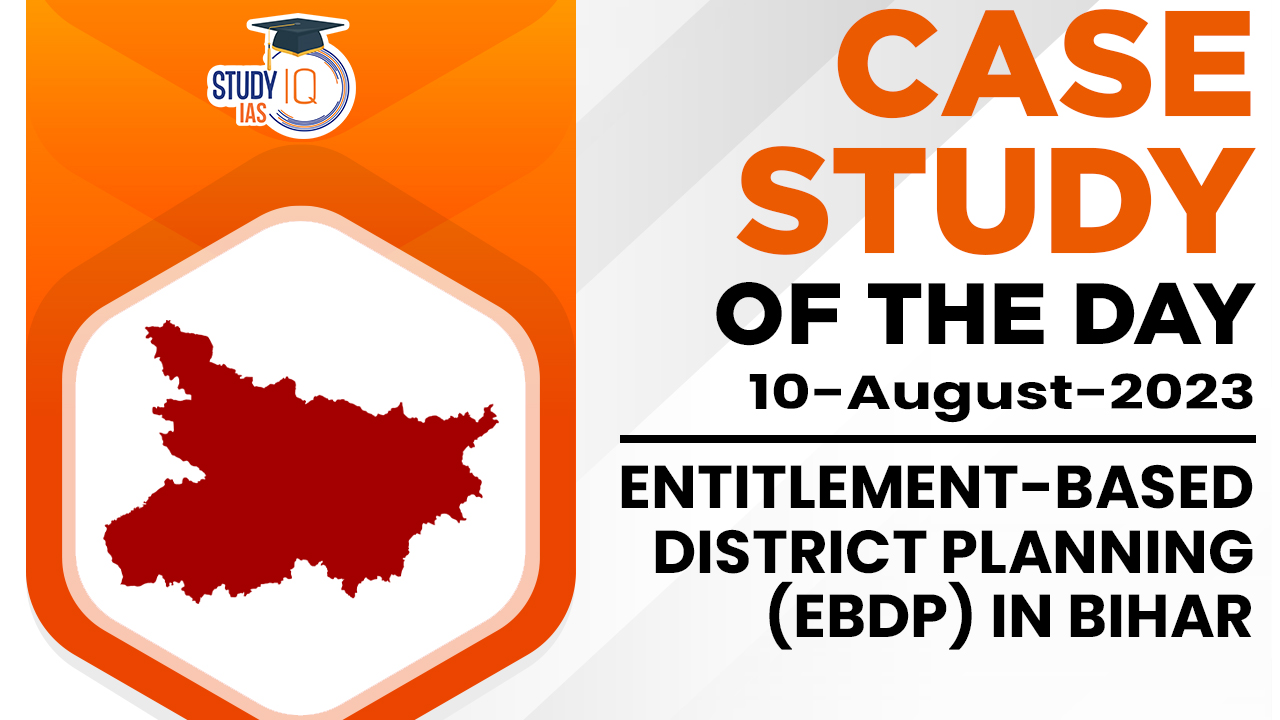Table of Contents
EBDP is a unique initiative that institutionalises decentralised planning at the district level across Bihar through an entitlement-based approach to ensure inter-regional and social equity. Under EBDP, each district is allocated a certain amount of funding based on its population, area, and level of development. This funding is then used to implement a range of schemes and programmes that are designed to meet the needs of the local population.
Benefits of EBDP
- Increased accuracy and efficiency in the planning process: EBDP ensures that each district receives the funding it is entitled to, which helps to ensure that resources are used in a more efficient and effective way.
- Improved coordination between different levels of government: EBDP requires the participation of all levels of government, from the state government to the panchayats. This helps to ensure that there is a better coordination between different agencies and that resources are used more effectively.
- Enhanced public participation: EBDP requires the participation of the local population in the planning process. This helps to ensure that the plans are more responsive to the needs of the people.
- Reduced corruption: EBDP helps to reduce corruption by making the planning process more transparent and accountable.
Challenges of EBDP
- Lack of capacity at the district level: The district governments in Bihar often lack the capacity to implement EBDP effectively. This is due to a number of factors, including low levels of literacy and training among government officials.
- Lack of coordination between different agencies: EBDP requires the coordination of different agencies, both at the state and district levels. However, this coordination is often difficult to achieve, due to bureaucratic procedures and turf wars.
- Lack of public participation: While EBDP requires the participation of the local population in the planning process, this participation is often limited. This is due to a number of factors, including illiteracy, poverty, and lack of awareness.
EBDP is a promising initiative that has the potential to improve the planning process in Bihar. However, the initiative faces a number of challenges like lack of capacity at the district level, lack of coordination between different agencies, and lack of public participation. Despite these challenges, EBDP is a valuable initiative that has the potential to make a real difference in the lives of the people of Bihar.


 SHANTI Bill 2025: India Opens Nuclear Se...
SHANTI Bill 2025: India Opens Nuclear Se...
 Revamp of MGNREGA Scheme 2025
Revamp of MGNREGA Scheme 2025
 National Energy Conservation Awards 2025
National Energy Conservation Awards 2025

























